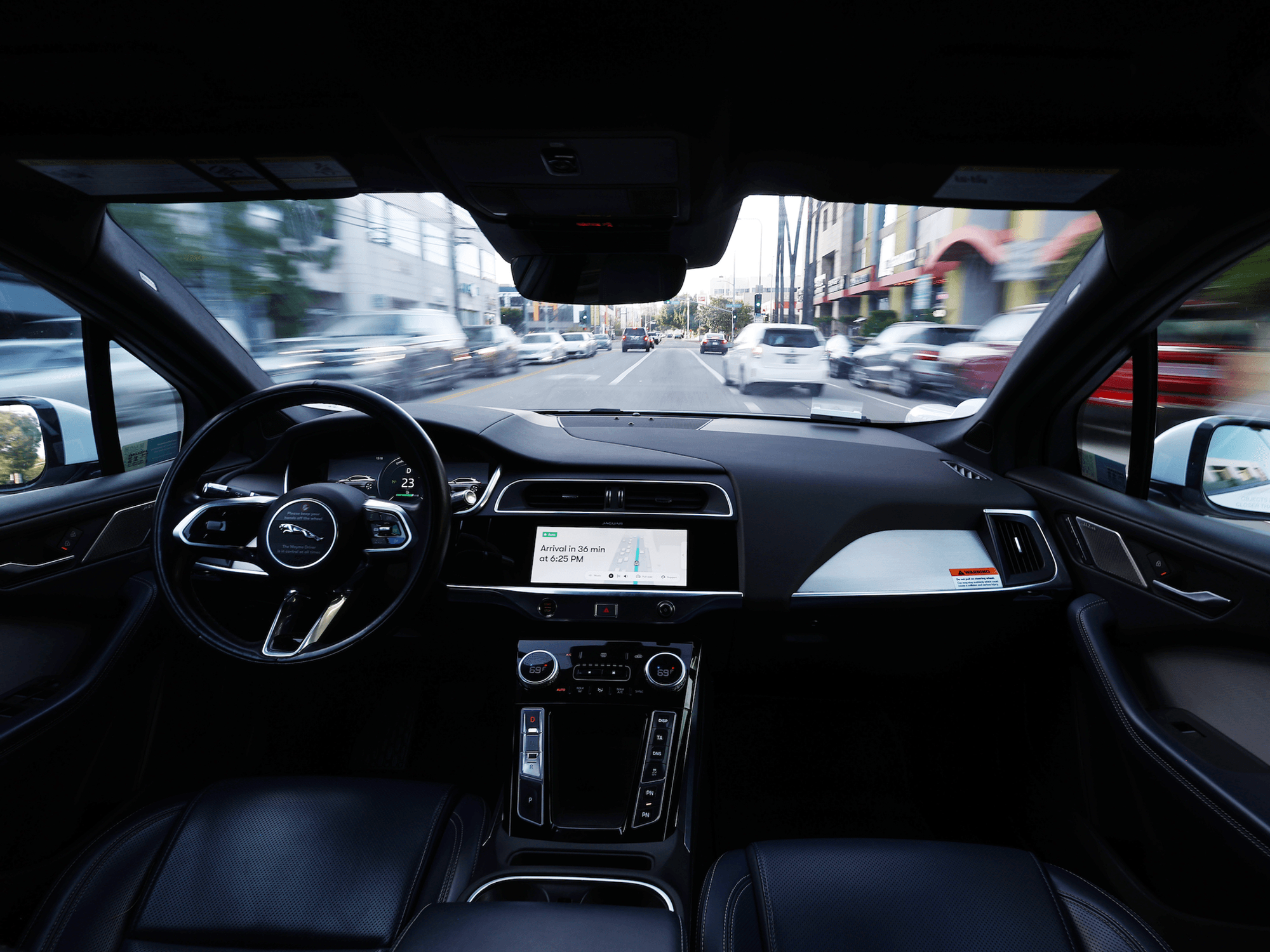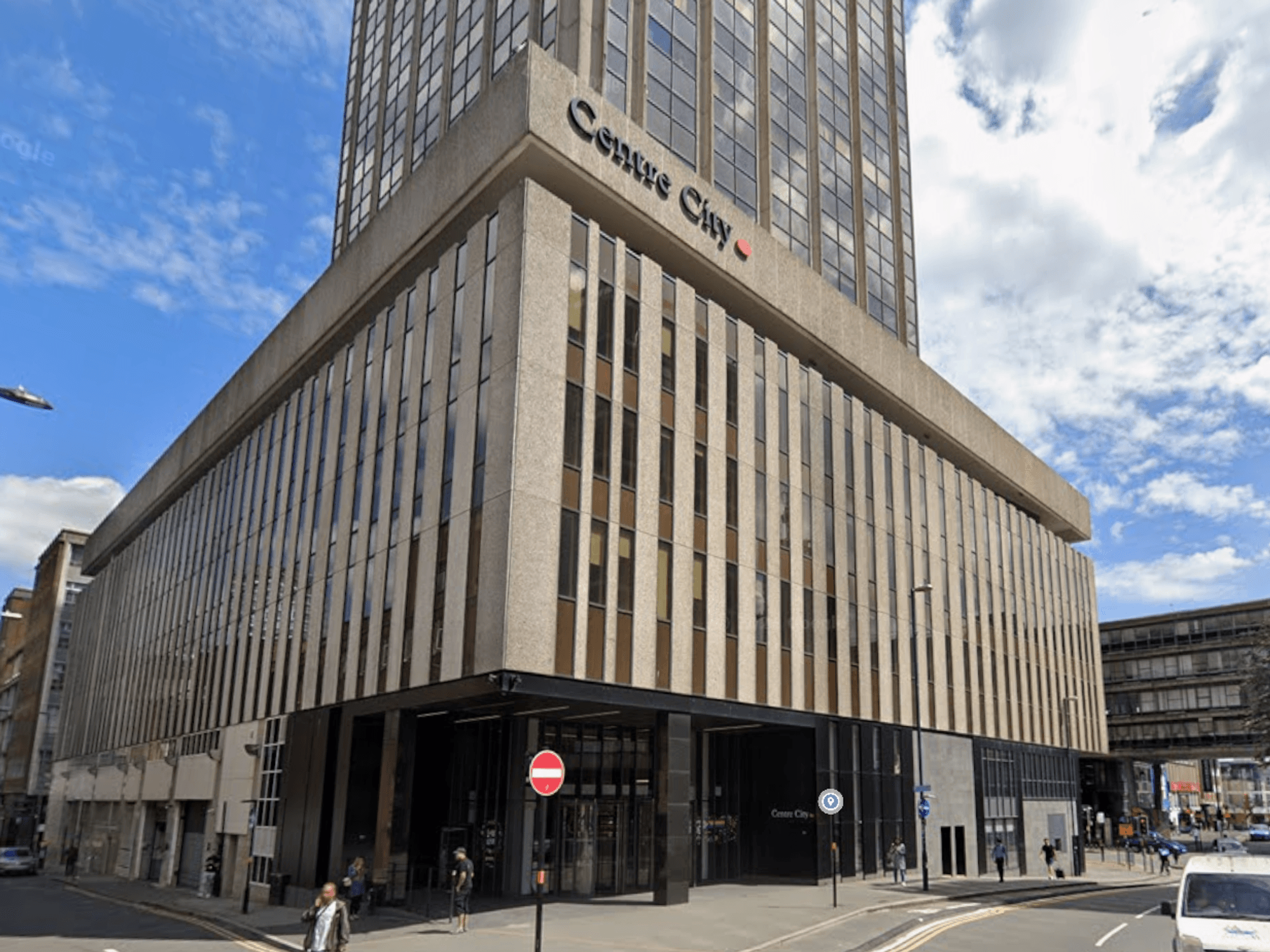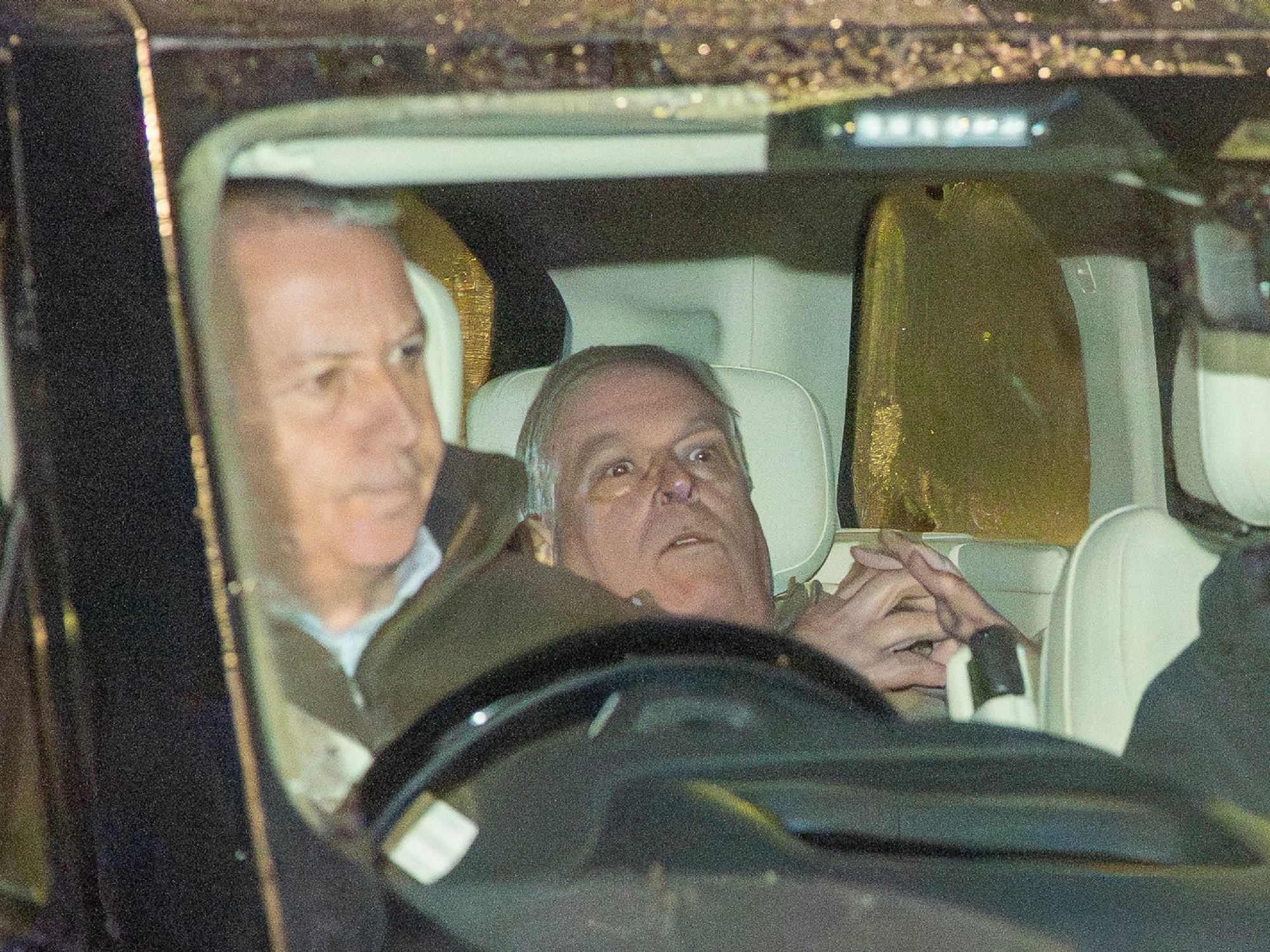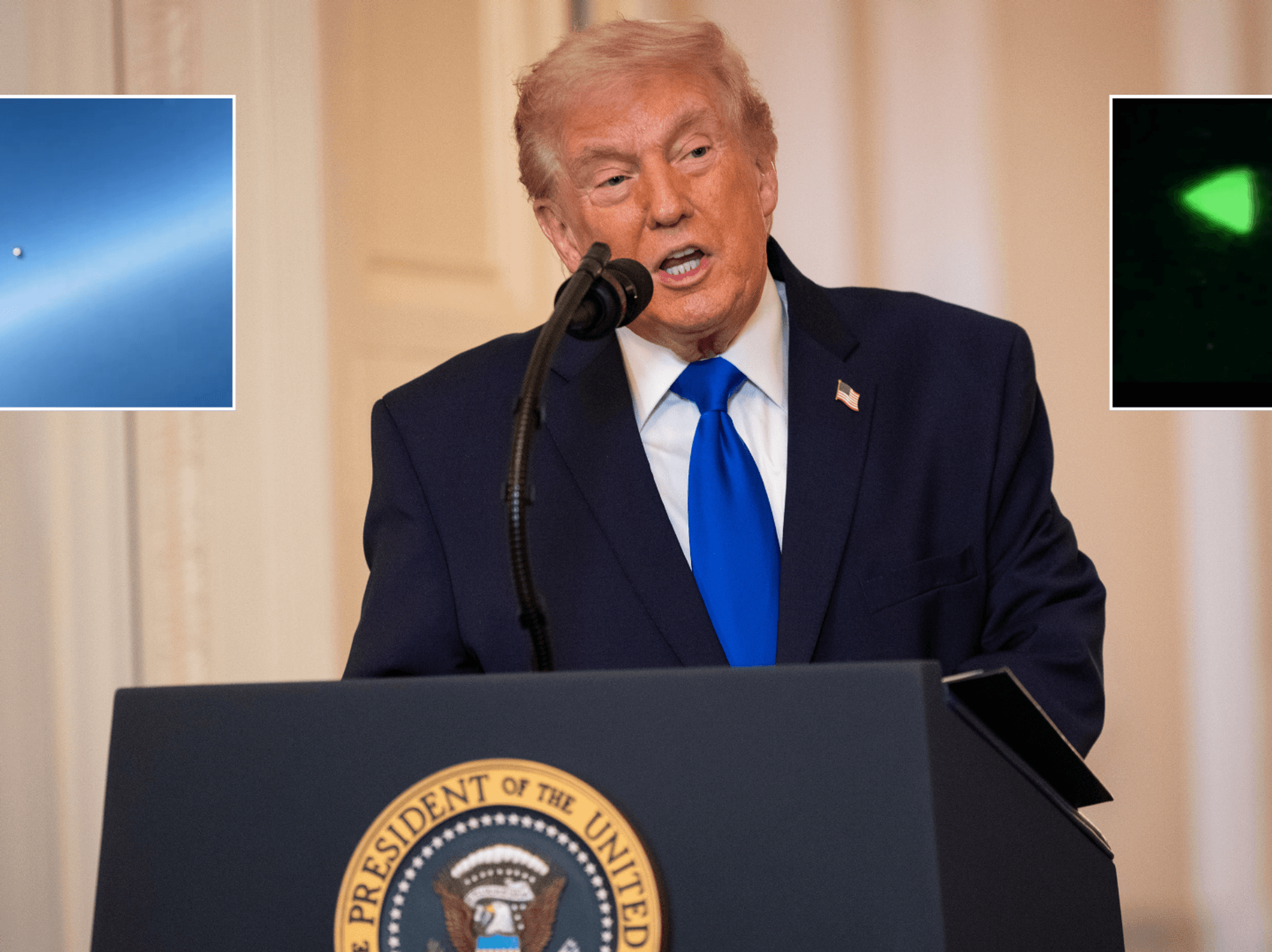Britain's ports demand £120m to compensate money WASTED on 'obsolete' Brexit border posts
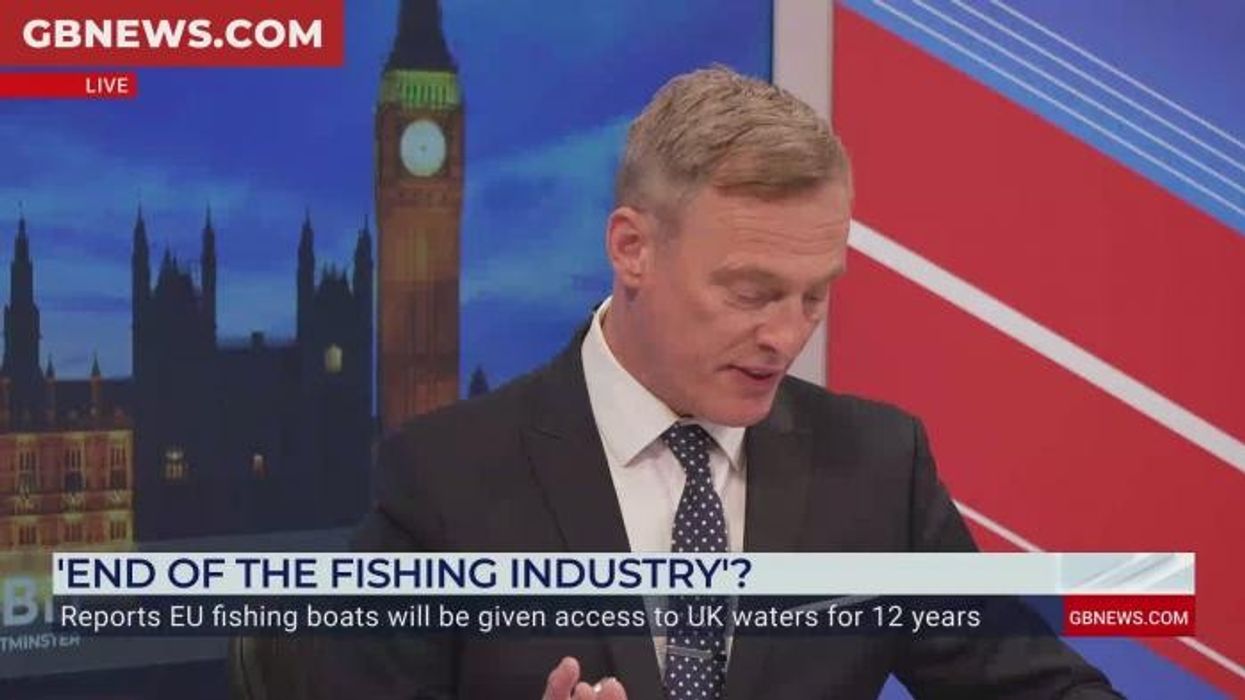
Emma Reynolds MP denies that Starmer's new deal with the European Union is the start of an attempt to re-join the EU |
GB News

Foreign investors own many British ports
Don't Miss
Most Read
Trending on GB News
Britain's ports are demanding £120m in compensation from the Government after Sir Keir Starmer's EU trade deal rendered post-Brexit border infrastructure "obsolete".
The ports argue that refrigerated inspection sheds, warehouses, car parks and roads built after the UK left the European Union will now not be necessary under the new UK-EU agreement made by the Prime Minister.
The new deal will eliminate the need for border checks on plant, animal and food imports from the EU, wiping out the fee revenue that ports had counted on to recover their substantial investment in these facilities.
It is feared that this compensation request, which would be paid for by the taxpayer, could further strain the Government's finances and potentially offset some of the economic benefits of the new trade deal.
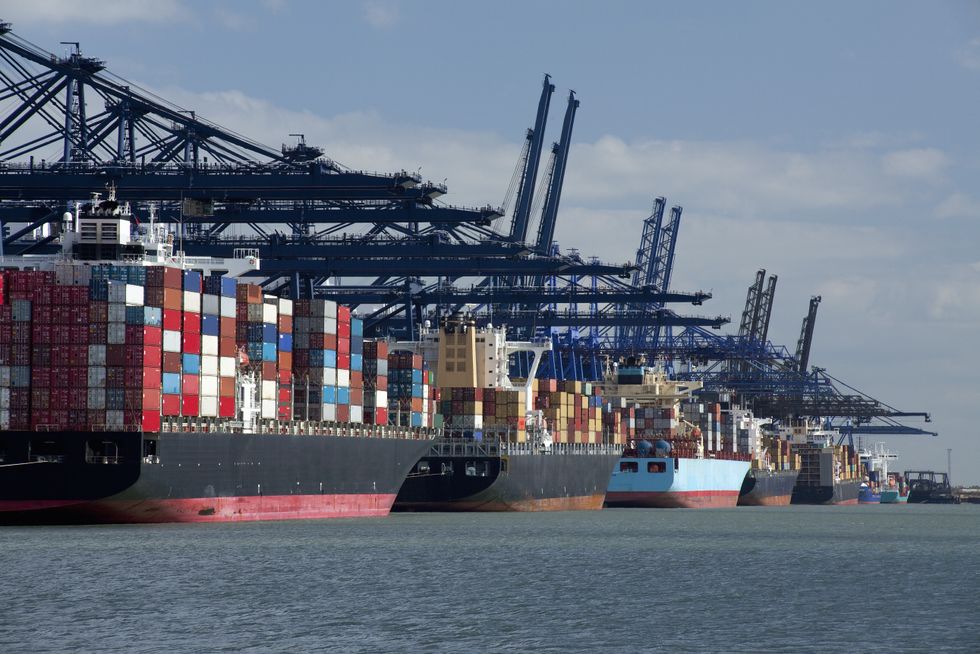
Britain's ports are demanding £120m in compensation from the government after Sir Keir Starmer's EU trade deal rendered post-Brexit border infrastructure obsolete
|Getty
Many British ports are owned by foreign investors, including UAE-owned DP World and Hong Kong-based conglomerate CK Hutchison, leading to critics questioning the compensation.
Richard Ballantyne, chief executive of the British Ports Association said: "We've prepared these facilities in good faith, and now they're not going to be used.
"Some of them may be eventually demolished, or at least modified. The Government should cover the full costs of these white elephants and put this episode behind us."
In 2020, the government distributed £200m to 41 ports across Britain for infrastructure designed for inspections and spot checks on EU trucks carrying farm and food produce.
LATEST DEVELOPMENTS:
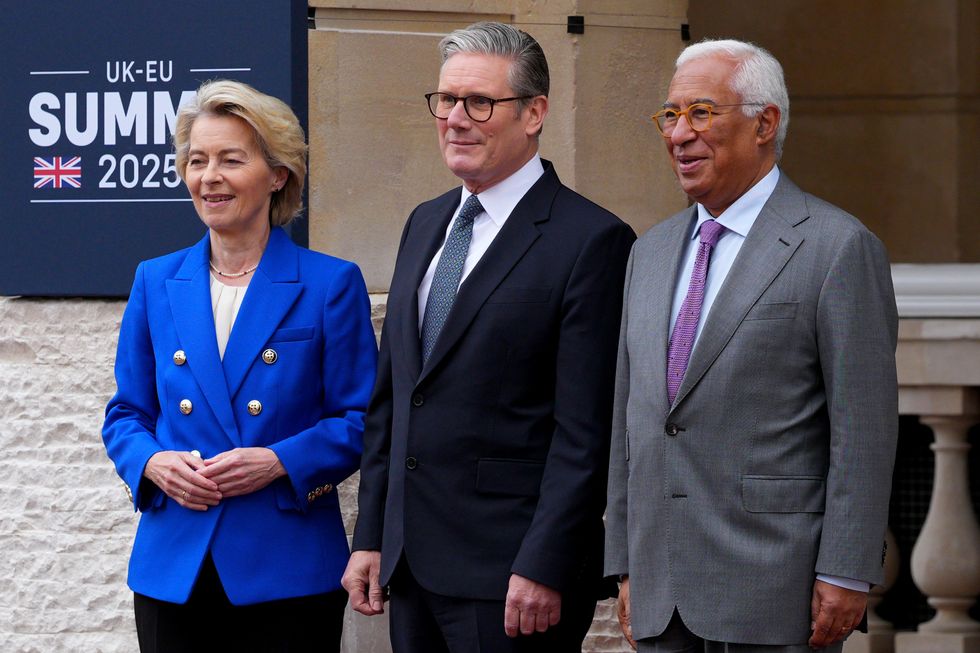
Keir Starmer has announced a new trade deal with the EU
|Getty
However, the Port Infrastructure Fund fell short of demand, leaving ports to cover up to £120m of the costs themselves.
Much of the construction cost was incurred during the pandemic when prices were inflated.
A typical large border control post costs around £200,000 annually to maintain once operational, covering energy, security, business rates, cleaning and repairs.
Ports had planned to recoup these expenses by charging levies on EU-origin trucks using the facilities, with up to 40 per cent of Britain's trade with Europe involves agri-food or related products.
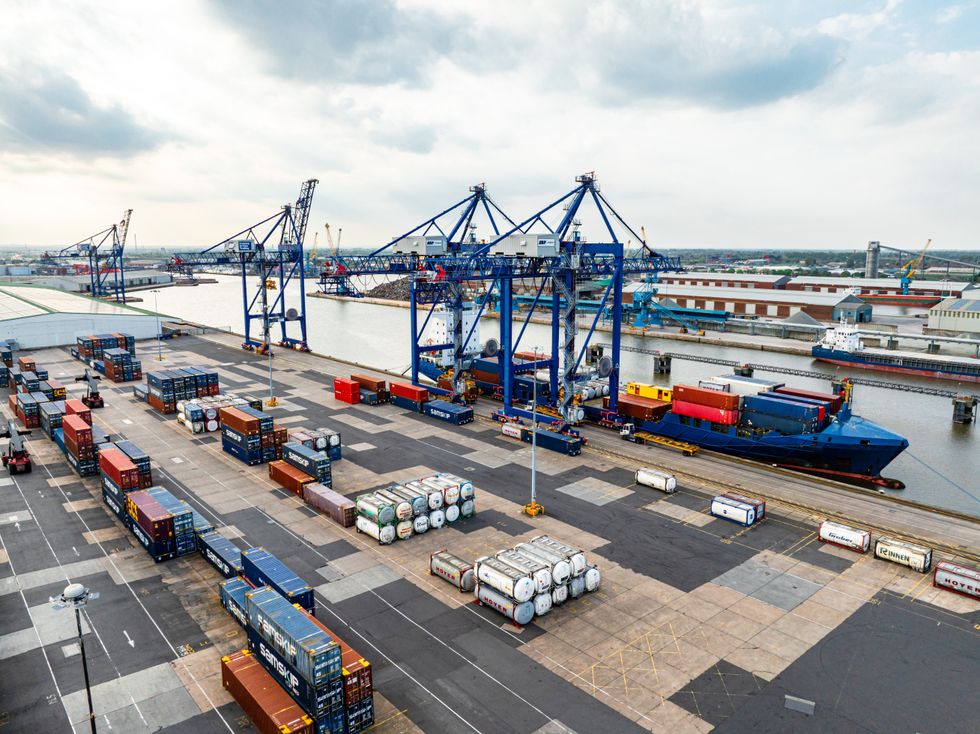
Implementation of the deal could take more than a year, giving the Government and industry time to arrange compensation
|Getty
Ballantyne said: "It's quite impressive infrastructure. But it could be largely redundant now."
The UK-EU deal will establish a "common sanitary and phytosanitary area" eliminating the need for these checks and inspections.
Implementation could take more than a year, giving the Government and industry time to arrange compensation.
Ballantyne added: "Based on our experiences last time, it's got to be quite flexible. The conditions that were placed on ports last time were too onerous."
A government spokesperson said: "This government committed in its manifesto to negotiate an agreement to prevent unnecessary checks, remove red tape for businesses and help tackle the cost of food, which is what we have delivered on."
More From GB News





